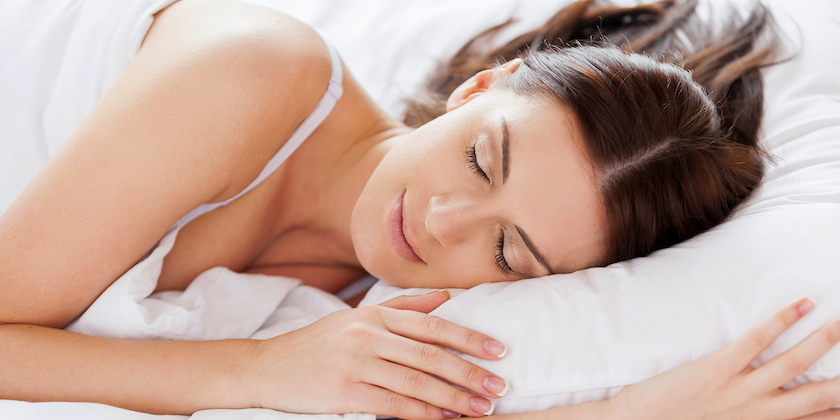CHEW on This – Ecologic Dentistry Blog
Bite sized pieces to chew on, you decide what to swallow and what to spit out!
The Importance of Restful Sleep
by Ecologic | Jul 8, 2021 | Healthy Lifestyle, Sleep Apnea Solutions

We all know that restful sleep is important. But just how important is it really?
In short: very.
Sleep is directly connected to your mental, emotional, and physical health. When you experience restless sleep it can be devastating and can affect many aspects of your life.
Why Restful Sleep Matters
The benefits of good, restful sleep are numerous. Deep sleep is restorative and absolutely crucial to long-term health. Here are just a few of the many benefits sleep can bring.
- Sleep reduces stress. When you are functioning off of a sleep deficit your body begins to function in a state of stress. This can increase blood pressure and affect stress hormone production. It’s no secret that stress is not good for anyone’s health. Chronic stress can have physical consequences on the body over time. People who are constantly stressed are more likely to develop cardiovascular disease, mental health problems such as depression, gastrointestinal issues, and skin issues. In women, chronic stress can result in irregular menstruation. When you sleep your body is less likely to slip into this state of stress from sleep deprivation.
- Reduces inflammation. Inflammation in the body can be triggered by an increase in stress hormones due to a lack of sleep. Long-term inflammation has many negative effects on the body, including chronic pain and an increased risk for some cancers.
- Improved memory. Sleep is when your brain begins to process your day. It makes connections, processes information, and stories short-term and long-term memories. Disordered sleep can lead to an impaired memory and ability to recall information.
What Restless Sleep Looks Like
If you experience tossing and turning at night, constant stirring, can’t fall asleep quickly after waking up in the night, or feel unrested when you wake up, you’re probably experiencing restless sleep.
But what about identifying restless sleep in your spouse or children? Restless sleep in others may look like:
- loud snoring accompanied by gasping noises
- talking during sleep
- teeth grinding
- tossing and turning
- sleepwalking or significance moving during sleep
What Causes Disorder Sleep
There are many issues that can cause disordered sleep. Lifestyle factors such as shift work and alcohol and drug consumption (including caffeine) can be risk factors for sleep disruption. Environmental factors such as excess light or sound can also impact your quality of sleep. Parents of young children, caregivers, and university students are also more likely to suffer from sleep disruption.
Underlying sleep disorders such as insomnia, narcolepsy, and obstructive sleep apnea also play a role in causing disordered, restless sleep.
If you suffer from obstructive sleep apnea or restless sleep, there may be a way we can help. Vivos Craniofacial Appliances target the root cause of many sleep issues which is an underdeveloped jaw and airway. For more information on how Vivos Craniofacial appliances can help you, fill out our contact card or give us a call. Dr. Yamashiro treats people of all ages. Vivos Craniofacial appliances are non-invasive, non-surgical and non-pharmaceutical options for mild to moderate sleep apnea.
Want More?
Want more information about the connection between deep breathing and deep sleep? Check out our other blogs on parasympathetic breathing and how it contributes to restful sleep.
Check out our blog ‘Chew on This!’ for more great articles on holistic dentistry!
References:
Medic, G., Wille, M., & Hemels, M. E. (2017, May 19). Short- and long-term health consequences of sleep disruption. Nature and science of sleep. https://www.ncbi.nlm.nih.gov/pmc/articles/PMC5449130/.
